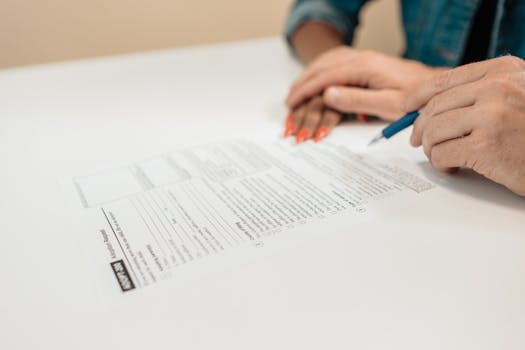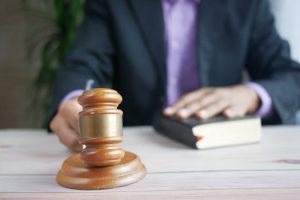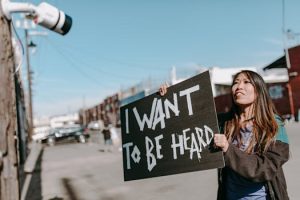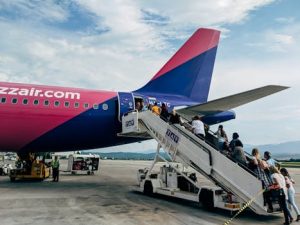Legal Barriers to Voting Access
Voting is considered one of the most important rights and responsibilities of citizens in a democratic society. It allows individuals to have a say in the government and policies that affect their lives. However, even though voting is a fundamental right, there are legal barriers that can limit access to the voting process. These barriers often disproportionately affect marginalized communities and can hinder their ability to exercise their right to vote. In this article, we will explore the various legal barriers to voting access and their impact on individuals and society.
Voter ID Laws
One of the most common types of legal barrier to voting access is the implementation of strict voter ID laws. These laws require voters to present a government-issued photo ID, such as a driver’s license or passport, in order to vote. While the intention behind these laws is to prevent voter fraud, studies have shown that instances of voter fraud are extremely rare and the implementation of voter ID laws does not significantly impact its prevalence.
The real impact of strict voter ID laws is seen in the disenfranchisement of communities, particularly those who cannot easily obtain a government-issued ID. These include low-income individuals, seniors, and people of color. For example, in 2016, a federal court ruled that a North Carolina voter ID law targeted African-American voters with “surgical precision” and struck down the law as discriminatory.
Felon Disenfranchisement Laws
In the United States, each state has its own laws regarding whether individuals with felony convictions are allowed to vote. While some states allow felons to vote after they have completed their sentence, others have permanent disenfranchisement laws, which means that individuals with felony convictions are never allowed to vote again. This form of legal barrier to voting access not only impacts individuals who have served their time and are working towards rehabilitation, but also their families and communities.
In 2020, an estimated 5.2 million Americans were unable to vote due to felony disenfranchisement laws. This not only has a negative impact on democracy, but also perpetuates the cycle of mass incarceration and systemic racism. Additionally, the American Civil Liberties Union (ACLU) estimates that one in 13 African American adults are disenfranchised due to felony convictions, compared to only one in 56 non-black adults.
Polling Place Closures and Restrictions
In recent years, there has been a trend of polling place closures and other restrictions, such as reducing early voting days and hours. These changes are often justified by budget constraints or security concerns, but they have a disproportionate impact on marginalized communities, including low-income and rural areas, and communities of color.
For example, in 2013, the Supreme Court’s decision in Shelby County v. Holder effectively struck down a key provision of the Voting Rights Act, which required states with a history of voter discrimination to obtain federal approval before making changes to their voting laws. Following this decision, several states, primarily in the South, have closed hundreds of polling places, making it more difficult for people in these areas to vote.
Gerrymandering
Gerrymandering is the practice of manipulating the boundaries of voting districts to benefit a particular political party or group. It often results in “safe” districts for certain candidates, where the outcome of an election is essentially predetermined. This legal barrier to voting access not only limits the voices of individuals in these districts, but also creates a lack of competitive elections, leading to a lack of accountability for elected officials.
In recent years, there have been several court cases challenging gerrymandered districts, with mixed results. However, the practice continues and has a significant impact on the representation of marginalized communities.
Conclusion
In a democratic society, every eligible citizen should have equal access to the voting process. However, legal barriers to voting access, such as strict voter ID laws, felon disenfranchisement laws, polling place closures, and gerrymandering, disproportionately impact marginalized communities and hinder their ability to exercise their right to vote. It is essential for lawmakers and the justice system to address these barriers and ensure that all individuals have equal access and representation in the democratic process.








